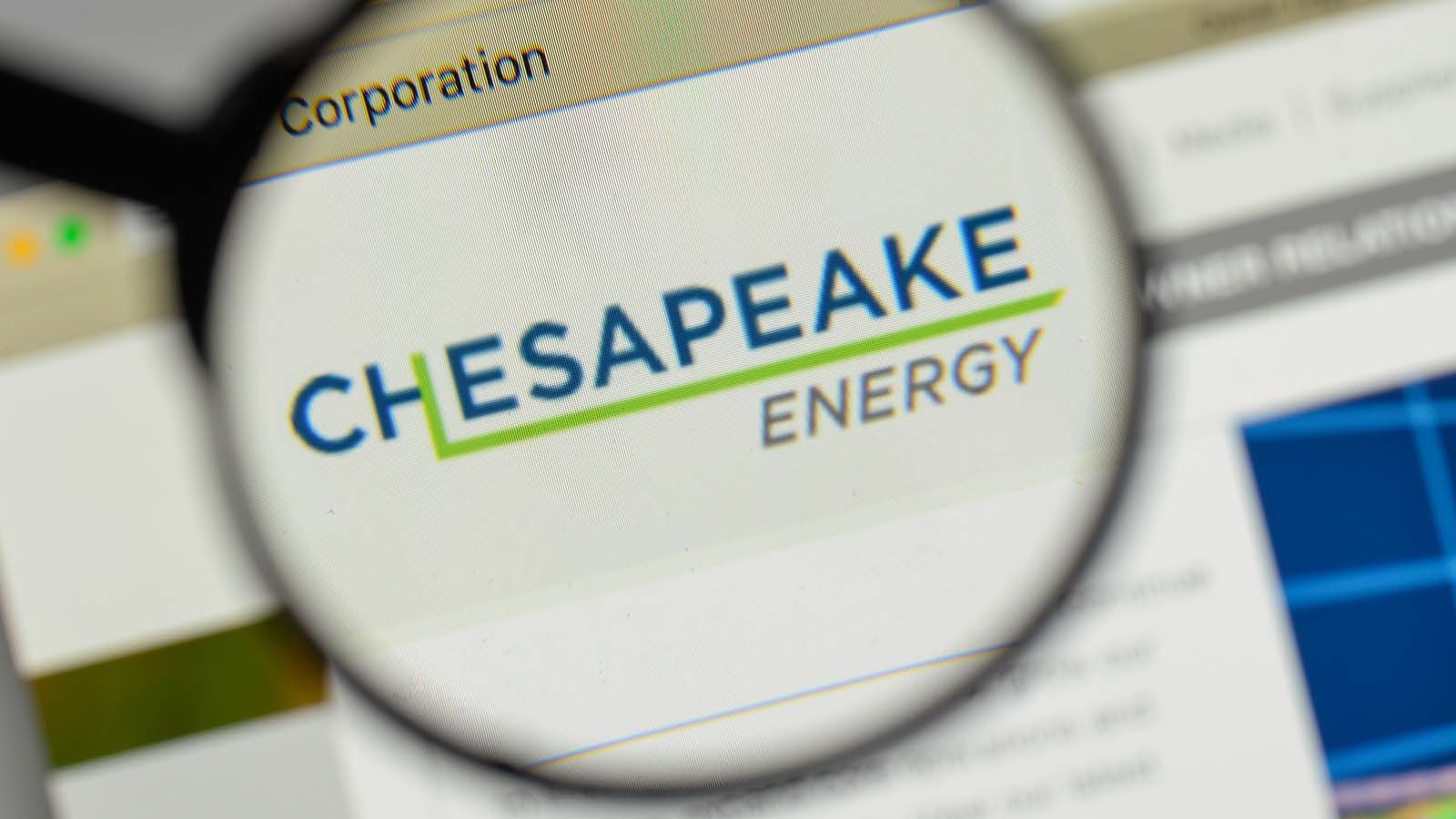Chesapeake Energy Bulls Are Asking the Wrong Question
Before investing in CHK stock ask yourself if you’d want to work there
Normally, investors are encouraged to “think like an investor, not a customer” when considering whether to buy a stock. The thinking is that no matter how much we like a product, fundamentals matter.

In the case of Chesapeake Energy (NYSE:CHK), I want to encourage any remaining bulls to do something different. Rather than thinking like an investor or a customer, I want them to think like an employee. Then decide if CHK stock is something that you want to invest in.
The Price of Loyalty
About 15 years ago, I got a lesson that took me years to recover from. It taught me that loyalty has its price. I was working for a marketing firm that grew its revenue about five times in just over a year. We hired literally dozens of full- and part-time workers. There was a large investment in infrastructure. We moved into a new building. Bonuses rivaled a big city advertising agency. These were heady times. But as I look back on it, there was something a little unsettling about it.
Our business was growing due to a contract with a then-Fortune 500 company. The problem was the company was terminally ill. It was beginning to show more than a few signs of the problems that would drag its stock down to the penny stock level it is at today.
But the real concern was that our contract was based on a dying business model. It would be similar to betting your business on printing newspapers today.
Needless to say, when outsourcing became a more cost-effective alternative, the company went in another direction. In one day, our business lost about 75% of its revenue. Dozens of employees were let go. Infrastructure was sold. It was an awful time.
Yet here I was, in the “other” business unit. The good news was we didn’t rely on the other unit’s revenue. The bad news was, we no longer benefitted from the other unit’s revenue. That left us with our own business unit that had one primary client and not much else.
And when the business finally (almost mercifully) dissolved a few years later, I was left to question if I would do it all over again. I wouldn’t.
Chesapeake Has a Dying Business Model
The parallel I’m trying to draw is not that the U.S. is suddenly going to stop using traditional carbon fuels. Those energy sources are going to be needed to build out a new energy infrastructure.
But Chesapeake Energy rose to prominence due to fracking. It was a controversial process that was in the regulatory crosshairs from the jump. But what made fracking riskier than in my example was that Chesapeake was using debt to finance its unconventional drilling process.
Oil drilling is a risk in the best of circumstances. Adding the overlay of a process that went away almost overnight when the Obama administration came to power and you have a company with a massive debt problem.
And the real problem is, there’s no easy or even likely way for Chesapeake to get out of the mess they’re in.
Don’t Bet on CHK Stock
I’m not telling any of you anything that you don’t know. And if you read InvestorPlace, our writers have said the same thing. You have a company that has one option (sustained oil and gas prices) that seems like a fairy tale. A less bad option of selling assets to pay down debt that would buy it time…for what? Or, it could go into bankruptcy.
It seems like an open and shut case to me. But in case you’re thinking of executing a trade, I just ask you to think of yourself as a Chesapeake employee. Would you be betting your future on growth? Will the company attract the best and the brightest?
In my case, I could see the writing on the wall. But I stayed because it felt wrong to abandon the ship when my experience could be valuable. I was wrong.
I imagine Chesapeake Energy employees have been asking the same questions. And if employees don’t have faith in the company, why should you invest in it?
As of this writing Chris Markoch did not have a position in any of the aforementioned securities.